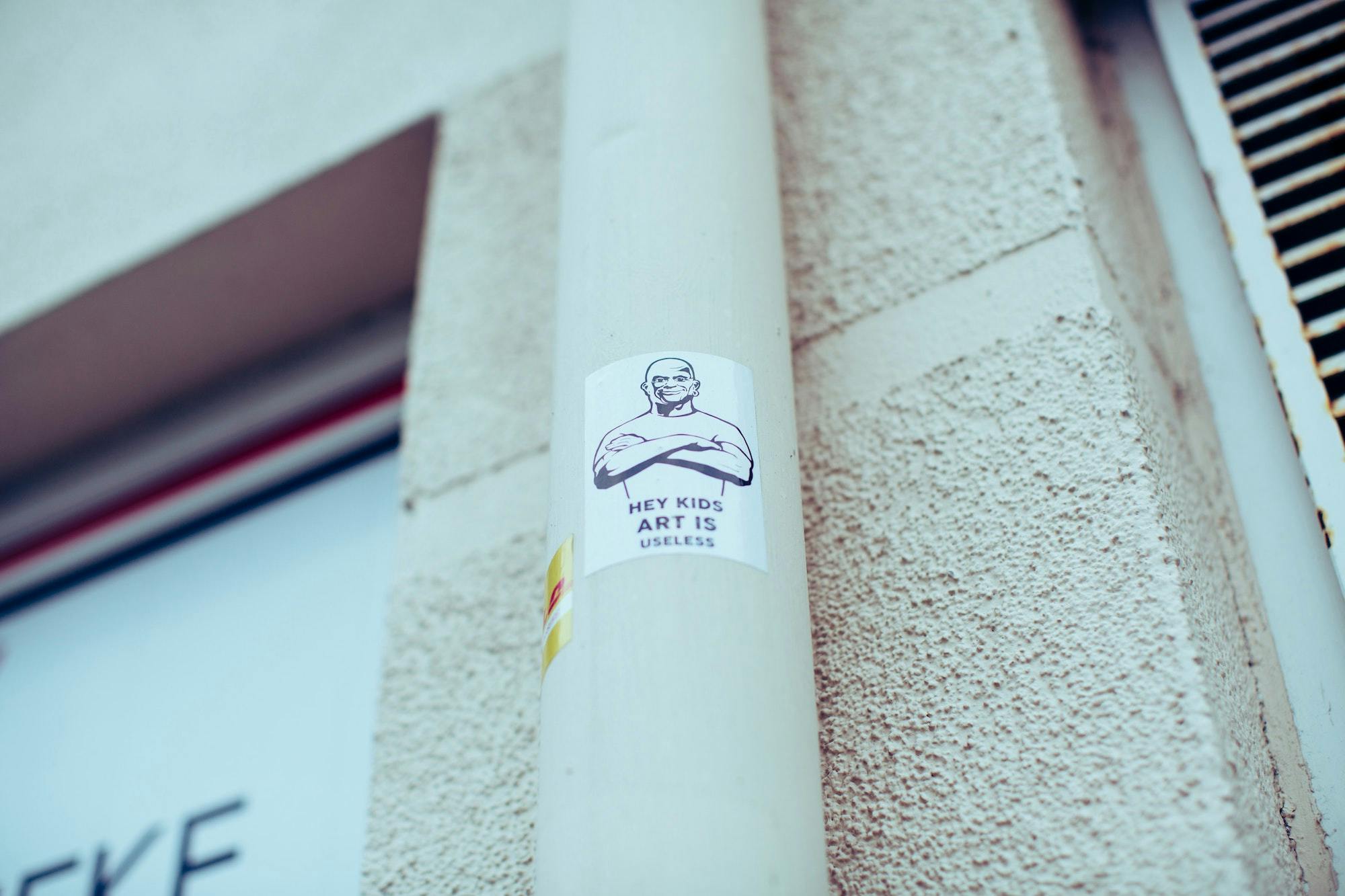From Adam to Noah



Class Project: From Adam to Noah
I am using this space as a draft. This is challenging to write. I am utterly transformed by what I am learning in the Bible Project's Bible Classroom. Tim Mackie is opening up channels for me to continue to learn and grow and I am grateful.
What if the ancient Hebrew scribes who constructed the Scripture knew what they were doing? What if Genesis 2 - 5 were intentionally obtuse and so that readers generations later would still have to lean in, put their ears to the ground, and listen?
What if their writing style mimics the way God Himself often whispers to us?
What if the theme of Genesis 2 - 5 were "Relationship"?
God, teaching us, giving us a template, for how we ought to relate to each other, the earth, spiritual beings, the heavens?
And what if He also provides a template for the consequences of what happens when we fail?
And, finally, what if the first chapters of Genesis are laid out perfectly as a template for the entire Hebrew Bible including a narrative arc that leads to Jesus as the Second Adam?
Relationship
Let's begin with God. He creates the human (the Adam) and places him gently in a garden full of everything he needs. He doesn't need to work for his food, in fact, God "rests" him in the garden. God is powerfully careful, gentle, precise. The waters flow from the ground to provide life (Gen 2:6). After creating the first human, God ensures that there is a mirror creation of this human, another human created as a "Ezer" a fellow human who can complete the image of God. In Genesis 1, when God created humans, the lines are written to clearly show that "they" will rule. How will God create this? He will create one human, "Adam" and a mirror human "Eve" (Living One) Symbolically, the man and woman together create a sum greater than the parts. The human family, ideally, is one where we find unity through our diversity. Together, we experience oneness and unity, even though we are diverse.
Again and again in Genesis 1 through 11, we are shown examples of when this fails:
In Genesis 2 and 3, we experience what happens with a marriage fails.
In Genesis 4 we experience the fracturing of a family. Later, we are shown the fracturing of a community.
Later in Genesis 9 and then 11, we see what happens with the extended family breaks apart, and finally what happens when their is disharmony between nations.
Ideally, God wants us to work together, bringing our diversity into union — whether in marriage, family, extended family, community, or nations.
How To Relationship
Sure, go ahead and try to unite without God. In fact, go ahead and create your own perfect Eden.
Um.
Genesis 2 -5 not only lets us know that God wants us to be united in relationship, He shows us how.
And the how is surprisingly powerful in its gentleness.
You can almost feel the love in God's choices:
** Adam, "Where are you?" (Gen 2:9) ** "Who told you that you were naked? Have you eaten from the tree of which I commanded you not to eat?" (Gen 2:10) ** And Yahweh Elohim made for the human and his wife, garments of skin, and he clothed them. (Gen 2:21)
The human hides from God, but God stays in relationship with him. He gently calls to Adam, the human, and stays with him, giving him every opportunity to stay honest and in relationship with God.
Thinking this over, I marvel at how we sometimes gloss over the relational lessons.
When Cain is upset because God didn't regard his offering, God stays level headed and wise, reminding Cain that there will be more times to present offerings to God, and there will be every opportunity to give God an offering that is "tov" in God's eyes. He then also counsels Cain, reminding him to stay alert to sin, which crouches at the door, waiting. This is a lovely example of the constant teaching and staying with us that is God's character.
And when Cain does kill his brother, here too, God seeks Cain out, not in a rage, but in that same quiet, powerfully calm way: "Where is Abel your brother?" (Gen 3:9)
God does not back away from relationship, even when it might seem unbearable. He stays with Cain even as Cain replies in what honestly sounds like an incredibly immature response: "I do not know. Am I the keeper of my brother?"
God's response is powerful:
"And he said, “What have you done? The voice of the shed-blood of your brother is crying out to me from the ground. And now, you are cursed from the ground, which has opened its mouth to receive the shed-blood of your brother from your hand. When you work the ground, it will no longer yield its strength to you; you will be a vagrant and a wanderer in the land." (Gen 3:10 - 12)
Still, he protects Cain, and allows Cain to live out his life. There is always a chance for redemption, always an open door.
It's this response: Not backing down from talking about the hard stuff — holding us accountable for when we are divisive — in Cain's case, actual murder — any time we work to divide humanity, or our human-divine partnership.
And oh can I see how culpable I am here.
It's Not All About Me...But
Ha. I think during past attempts to grapple with the Hebrew Bible, I have been so pulled by what I now regard as "red herrings" — the murder, for example — that I failed to sometimes see the obvious lessons.
In Genesis 2 - 5, it seems to me that what is important is that we, the humans created in the image of God, have been gifted with the responsibility and opportunity to co-create beauty out of chaos with God.
And we keep falling short.
And God powerfully stays with us. The loving, gentle, grace-filled way that God asks after us, stays with us when we want to run and hide, shines light on where we can improve and never gives up on us — no wonder in those rare moments when I do feel some union with God it's always with a sense of awe. Wanting to lower my eyes.